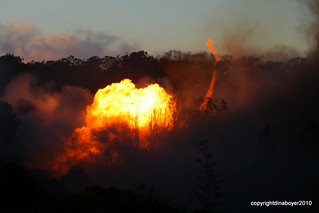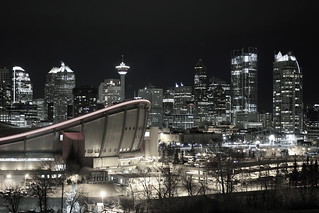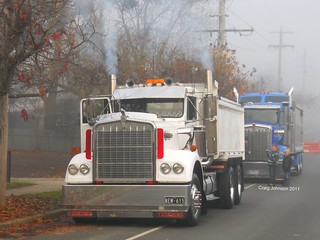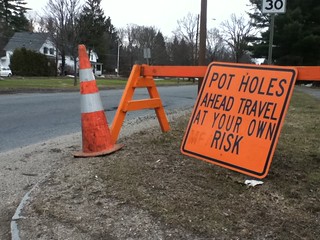I'm not sure why you'd create a front group claiming to represent "business and labor groups," then put "Sponsored by the American Petroleum Institute and America's Natural Gas Alliance" right at the bottom of the website, but there it is:
The stock photos of "supporters" are fantastic. Obviously they're just models dressed up like different key demographics, but it's fun to imagine why you'd need, say, a doctor and a chef standing next to each other. And with the guy in the tank top and headphones - showing that the key bro demographic endorses fracked gas pipelines?
Who's actually in this "coalition"? A handful of industrial groups, a Koch-backed national lobbying group, the Independent Oil Marketers Association of New England, and the one and only union they could find to sell out every other thing unions believe in the name of a handful of pipeline-building jobs.
Last fall, fracked gas pipeline giant Kinder Morgan tried to hide behind a front group called the "Coalition to Lower Energy Costs," though seeing through that isn't very hard either: The Coalition's spokesman, Tony Buxton, is a lawyer for Kinder Morgan.
If more fracked gas would lower energy costs as these polluter front groups claim, why have electricity prices spiked in Pennsylvania, ground zero of the fracking boom? New England is already alarmingly dependant on fracked gas, which today is providing 57% of the region's electricity.
Fracked gas is scientifically shown to destabilize our climate, pollute our drinking water, and trigger earthquakes. Instead of doubling down on our dangerous fossil fuel dependence, our leaders should continue moving Massachusetts to new sources of clean energy like home and utility-scale solar as well as onshore and offshore wind.












